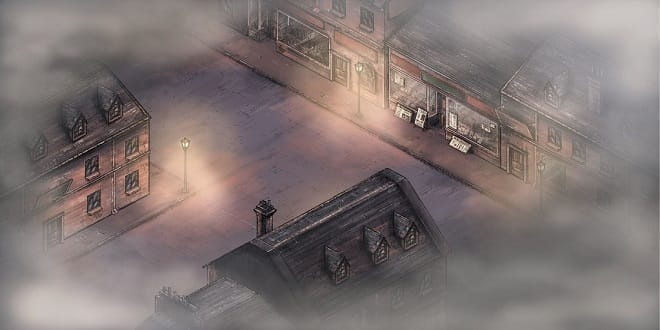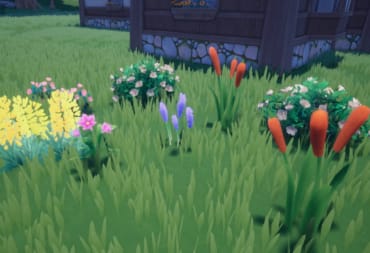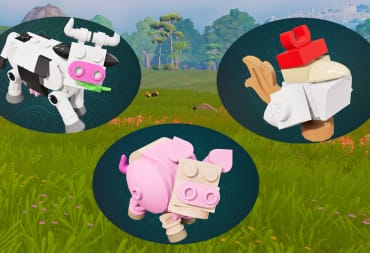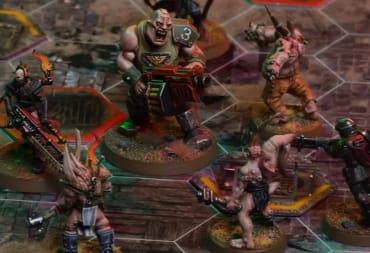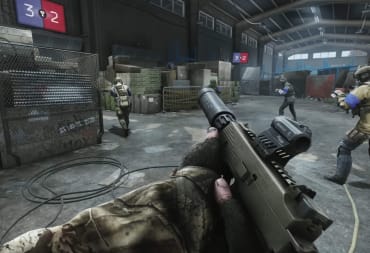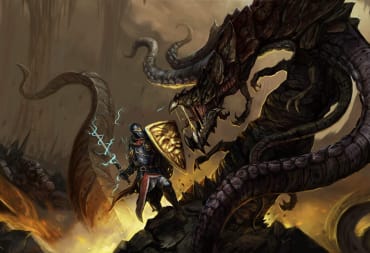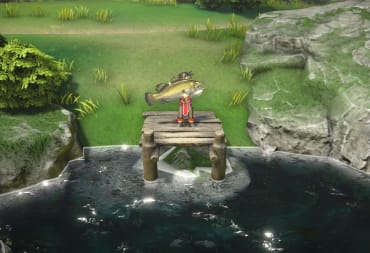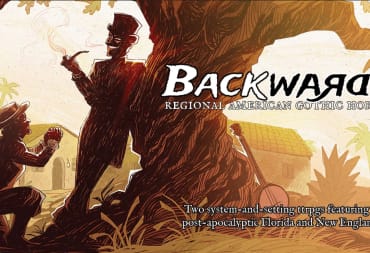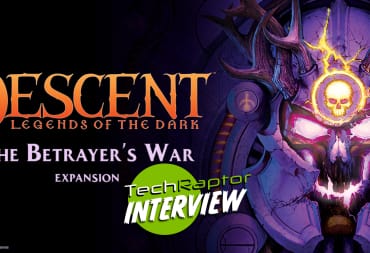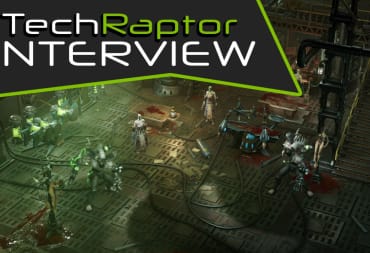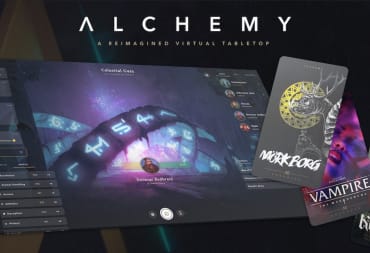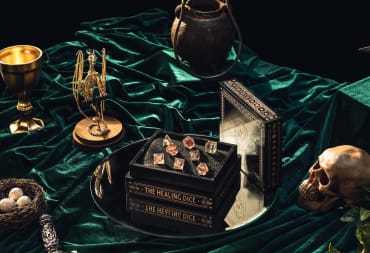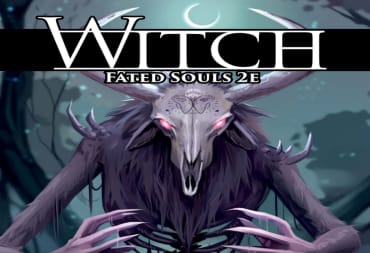A while ago I took a look at A Place for the Unwilling as it was trying to be greenlit on Steam. It has since succeeded, and I was curious to know a little more about the game, so I reached out to AlPixel Games. Luis Díaz, designer and producer at AlPixel Games, got back to me and agreed to answer some questions.
For those unfamiliar, A Place for the Unwilling is an adventure game set in a Victorian city and described as Sunless Sea meets Majora's Mask. You explore the city and the 18 characters with their individual backgrounds and daily routines to eventually figure out what's going on with the town. Budgeting your time becomes a key aspect of gameplay as you must earn money to do certain things, which in turn takes time, just as choosing which characters you want to spend time with to do what you want in your playthrough, as you only have a limited amount of time.
But, on to the interview where Luis will give a quick summary of the game as well.
TechRaptor: Could you give us a quick run down of A Place for the Unwilling? What is it?
Luis Díaz: "A Place for the Unwilling" is a narrative adventure game set in a victorian city. It's an open world where time never stops, things will happen even if you're not there to witness them, and the ending keeps drawing closer with every second you play.
TR: The most important part to get right seems to be the around 18 characters. Judging by descriptions I've read, it seems like we should then have around 18 individual stories to experience as well. Will those stories overlap? Will there be moments that we learn about multiple characters as once as their stories converge?
Luis: First of all I should go over the different tiers of characters. When you start playing the game you'll see lots of shadows walking around, they are like the strangers you might see on the street, you don't really care about them or remember their faces. Some of them will have "tags", like policemen, you will recognise them but still not pay too much attention.
Once one of this shadows becomes important to you (through a scripted event or just by hearing their name) you'll no longer see the blurry silhouette but a defined face. These are the main characters, the ones with a hand-crafted story and personality. They are part of the gears that keeps moving the city and yes, there's some connections between them. In fact, we want to let the players listen to NPCs while they're chatting.
TR: There seems to be some kind of being, entity, or corruption of some kind through the city. It seems to me investigating what and why that is there will be the "main" story of the game. How big of a role does that play in the individual characters' stories?
Luis: We are trying to build a two-layer narrative, some of the characters will be more related to the supernatural part of the game, but they're all inhabitants of the same city and these events will affect all of them.
TR: All of the characters will have their own daily routine, what is that going to look like? Will it be the same every day, or will there be some sort of weekly schedule we can expect sort of like Stardew Valley?
Luis: Each character will have a daily routine and players will be able to learn it, but they'll break the schedule from time to time whenever there's a story event or something special happens.
TR: Each day will only last a fixed amount of time, about how much real world time will that be? Will there be a limited number of days?
Luis: The game is still in an early stage of development, so we can't confirm how long days are going to be, but we're aiming for 15-20 minutes. "Majora's Mask" and "Pathologic" were quite an important reference when we started, so yeah, there's a limited number of days. And endless mode would have ruined the pace and the quality of the story, we want players to become part of the city and, once it's over, go for another ride, do different things and try to understand the setting and the characters as they keep crafting their own stories.
TR: A big part of A Place for the Unwilling is going to be time management it seems, will players need to plan out each day to make sure they have time to work for money and interact with characters? Will you have to sacrifice time with some characters on one playthrough to look at again later?
Luis: Time is one of the ways players can express themselves while playing "A Place for the Unwilling". Who you choose to spend more time with, what you do, the streets you walk, that's what is going to define you. Players may choose to become workaholics, spend most of their time reading books or even enjoy a quiet afternoon as musicians play a lovely tune, there's not a wrong answer when it comes to choosing how you spend your time in the city.
Since days are limited you'll have to miss a lot of things in order to do what you think is most important. It's not possible to speak with everyone everyday, be a productive trader, explore the city, read and enjoy the small things of life. Once again, players define who they are just with simple actions.
TR: Working for money is based around character interaction as the main character is a trader, how will that differ from regular interactions with characters?
Luis: It's quite similar to regular interactions with characters because trading involves interacting with people, that's something really important about "A Place for the Unwilling", all the game mechanics are related to each other in a very organic way, there are no "minigames" or separated systems.
Most of the characters related to trading were chose from those with a rich backstory (the ones we talked about before). When in on of their shops, players will have access to a "trading window" in which to buy and sell goods.
Something as simple as information will prove to be a huge advantage when trading, just reading the newspaper will contain tips about what things you should buy and, knowing certain people will also be of some help. Being a good trader and having enough money is also a great way to influence what's happening in the city so, as you can see, everything is constantly affecting other elements.
TR: Will there be a limited number of deals to close?
Luis: Not at all, trading works like in "Sunless Sea", players just choose whatever they want to buy (as long as there's stock and they have enough money) and then they must choose where to sell it. Story events affect how trading works, so paying attention will get you more benefits.
Trading is not a quest you can end, it's just a system which reacts to your input and evolves.
TR: A Place of the Unwilling focuses heavily on exploration and player agency, and much of the Kickstarter describes interaction with characters as meat of the gameplay. What else in the world, the city, will you be able to interact with?
Luis: We have already mentioned some of them on this interview. Most players loved how every object could be examined in the prototype we made just before "A Place for the Unwilling", so we intend to keep that as we add some actions for them.
Just to be clear, you won't be able to run around with a gun on your hand or use bricks to build a new home, but there will be plenty of things to interact with.
TR: What are some of the key ways you will try to keep players immersed in the game?
Luis: This may sound funny, but the most mundane things are what should keep players immersed. People having routines, you having to work to make money, reading the newspaper everyday, sitting by the sea and relaxing, all those things may not sound heroic and epic, but "A Place for the Unwilling" isn't about saving the world, it's about living in the city and that's what we are focusing on.
TR: What sort of experience do you want players to have? What sort of reactions do you hope to evoke?
Luis: Since there are so many things a player can do in our game, there's also quite a wide range of emotions and feelings we want to evoke, but there's one that lies in the center, exploring the concept of cities. Poets, writers, philosophers and painters alike have dedicated many of their works to cities, it's something that keeps fascinating us.
London, Paris, Rome, Madrid, these are all very different to each other, but not just because their monuments or museums. Cities do have a soul, something hard to explain that makes them beautiful and unique. It's a big environment where many things happen and, our city will, show the best and the worst about every character we designed.
TR: Anything else you would like to add or say?
We release updates about the game every two weeks, you can find them on our devlog, kickstarter page or twitter. We're preparing a very special update for June 24th (involving a video), so stay tuned!
TR: Thank you for your time and agreeing to the interview.
Have a tip, or want to point out something we missed? Leave a Comment or e-mail us at tips@techraptor.net
